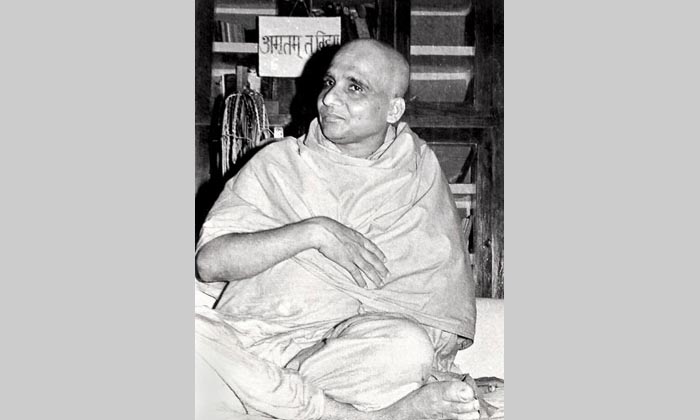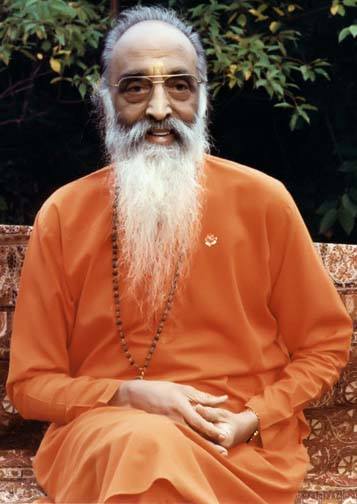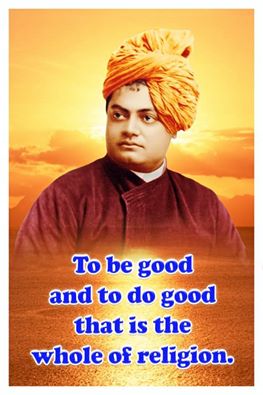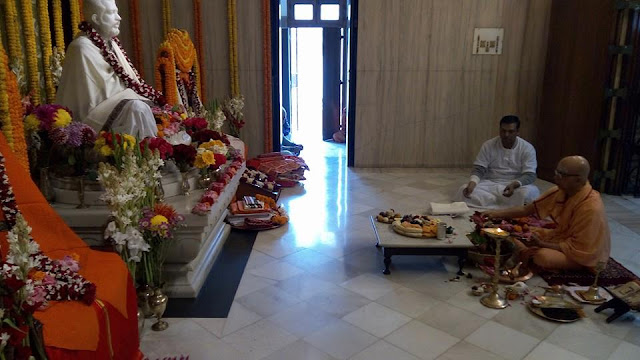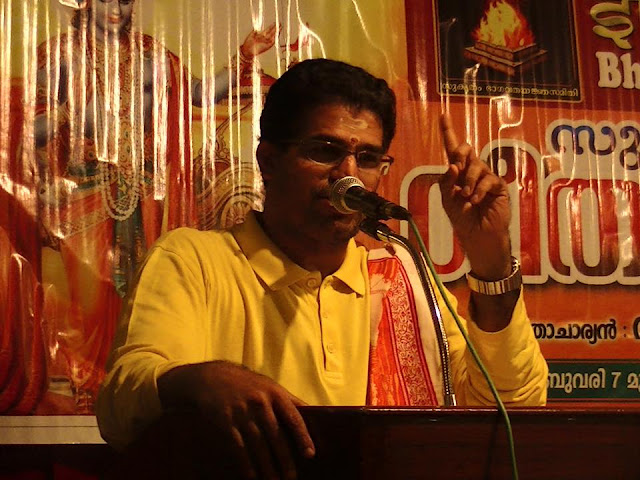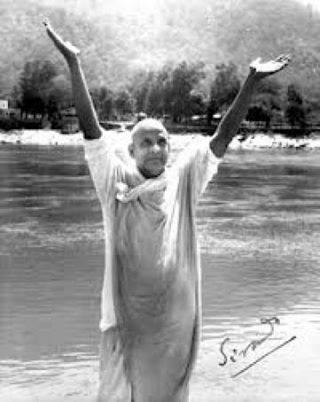The Gospel of Sri Ramakrishna-12.
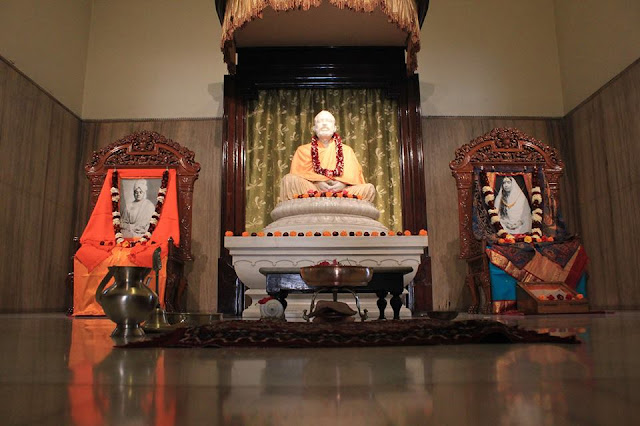
1. I practised all sorts of sadhana. There are three classes of sadhana: sattvic, rajasic, and tamasic. In the sattvic sadhana the devotee calls on the Lord with great longing or simply repeats His name; he doesn't seek any result in return. The rajasic sadhana prescribes many rituals: purascharana, pilgrimage, panchatapa, worship with sixteen articles, and so forth. The tamasic sadhana is a worship of God with the help of tamas. The attitude of a tamasic devotee is this: 'Hail, Kali! What? Wilt Thou not reveal Thyself to me? If not, I will cut my throat with a knife!' In this discipline one does not observe conventional purity; it is like some of the disciplines prescribed by the Tantra. 2. During my sadhana period I had all kinds of amazing visions. I distinctly perceived the communion of Atman. A person exactly resembling me entered my body and began to commune with each one of the six lotuses. The petals of these lotuses had been closed; but as each of the...





